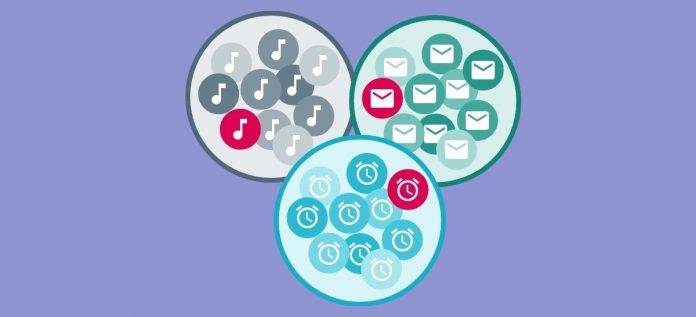
There are millions of apps in the Play Store. It is impossible to try them all. We may only try a few hundred or maybe a thousand in our lifetime. How many apps can you really download and try? Not even us tech bloggers have all the time to try and review every app or game that arrives on the app store. The problem with a saturated market is that many people can take advantage of the situation.
It is no secret that there are dangerous apps they don’t always get filtered. Some applications can gather data from millions of people even when they don’t have to. A couple of months ago, we said that Google would start checking on Android apps for quality by applying six vital metrics. This time, the Android team is introducing peer group analysis to identify if apps are intrusive. By intrusive we mean those apps that as for unnecessary information like one’s location when there is no need.
Developers can gather data through their apps so it is important that you be careful in providing details. Some apps have access to your GPS trackers, cameras, or anything that tell who or where you are. With this truth, Google wants to analyze more security and privacy signals for every app listed on Google Play. This isn’t the tech giant’s first effort but it is one of the most important so far. The idea is that functional peers will be assigned to check apps and help detect apps that gather sensitive data. The goal is to protect the privacy and functionality of the phone. Peer groups will be comprised of devs working on fixed categories. A special algorithm will be employed to check and identify peer groups.
Peer groups will analyze a number of components like privacy-related signals, automated data analysis, and deep learning. Such groups can then identify potential harm, bad signals, and anomaly. Correlation will then be checked to determine which apps must be reviewed again or even promoted. Results are used to help the devs improve security and privacy.
SOURCE: Android Developers Blog









